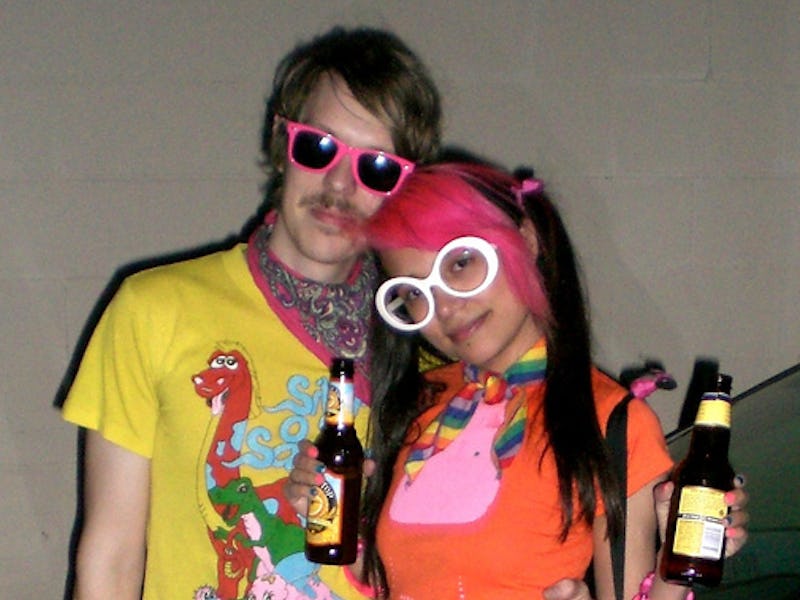That Annoying Couple on Facebook Is Better Than You
New study finds more interaction is actually a good thing.

Facebook sucks, and a new study out of the University of Wisconsin-Madison just reinforced that assertion, according to WIRED.co.uk. On Facebook, the only people worse than your racist high school friends are the insufferable couples sharing every moment of their flawless love lives. Dr. Catalina L. Toma and Mina Choi have poked that sore spot further with their study The Couple Who Facebooks Together, Stays Together.
In the study, the authors suggest that, for college-aged couples, “Facebook self-presentational cues (i.e., being listed as ‘in a relationship,’ posting dyadic photographs, writing on the partner’s wall)” are signs of a healthy couple, likely to last longer than six months. Speaking with WIRED, Toma said she chose six months as the baseline because “prior research suggests dating relationships among college students have a decent chance of breaking up during this time.”
Toma and Choi’s findings are observational, so the duo did not have to conduct intrusive experiments to gather their data. Toma asked questions to 212 self-identifying couples about their respective relationships and followed up six months later. Basically, the couples acted as they always would (a selfie here, a BuzzFeed link there), and Toma compared the relationship strength with the Facebook activity to conclude that, unfortunately, more active couples are happier than less active ones, who may have even broken up in the mean time.
Because Toma and Choi, for the most part, allow the couples to act organically, The Couple Who Facebooks Together, Stays Together is a great indicator of how our behavior has adapted to the social media age. For example, the study finds that couples that share too much are not destined for a happy ending. That sort of overcompensation is often visible in daily life and caries over into our online lives, as well. As social media continues to move toward the mundane and native users begin to age (that is, pre-teens become adults), it’s likely that we’ll see even more of our real-life behavior present itself online, merging our life and Internet personae as one.